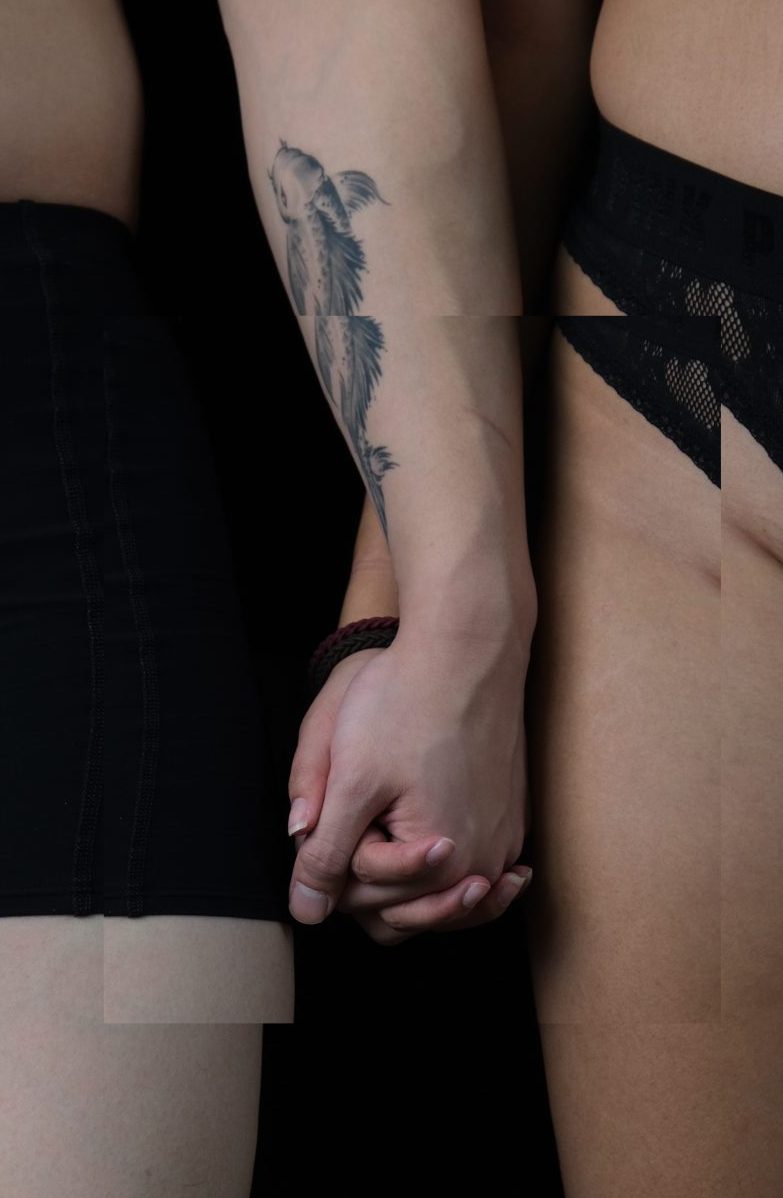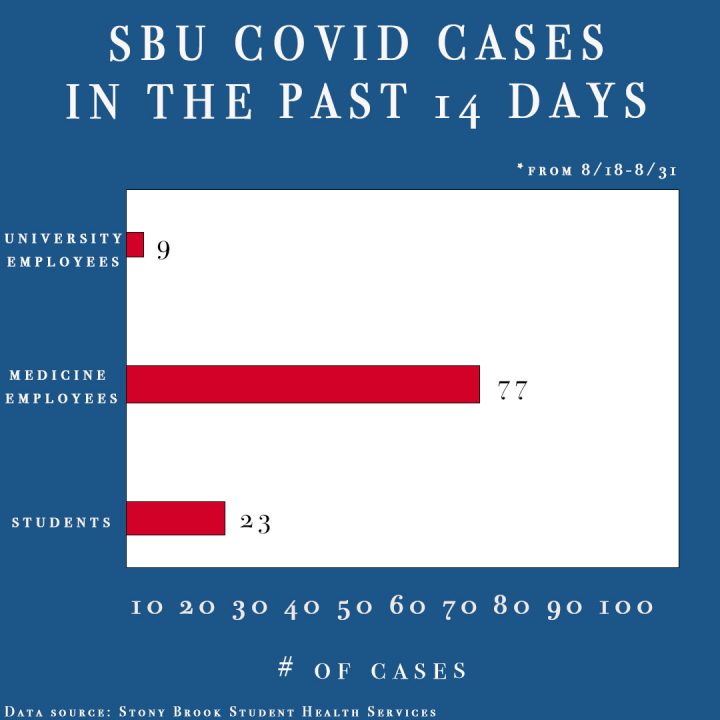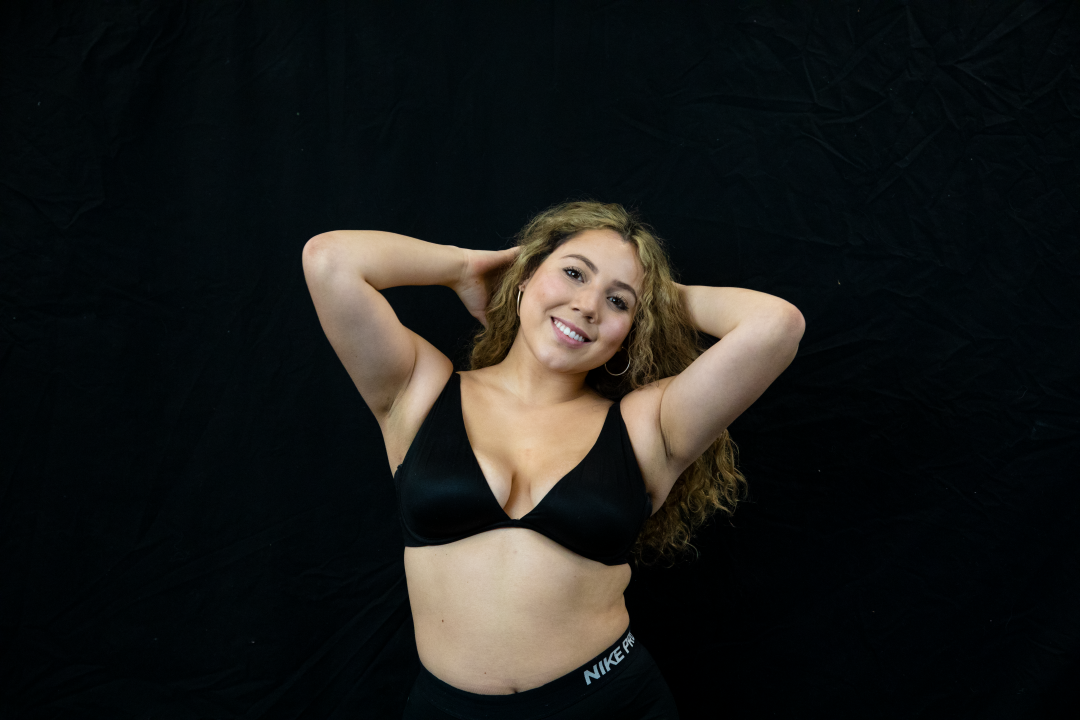
The online body positivity movement is changing the way Stony Brook University students view and treat their bodies through mental and physical health.
The body positivity movement celebrates body diversity, along with combating the stigma around fatness. The movement challenges unrealistic beauty standards that favor skinny bodies and Eurocentric features.
The term body positivity was coined by psychotherapist Elizabeth Scott and eating disorder survivor Connie Sobczak in 1996. They founded the website thebodypositive.org, which at the time focused on denouncing unhealthy weight loss fads and educating about body acceptance instead. The website now offers training to universities and secondary schools to change body culture amongst their students.
Planned Parenthood Generation Action at Stony Brook, a Planned Parenthood university club, is dedicated to changing the rhetoric around body image. The club promotes body self-care as one of its goals. The club is currently planning an open mic night dedicated to body positivity in April.
Chapter President Lorena Garcia, a junior biology major, attributes her own success with body positivity to being a “plant parent,” or someone who takes care of many potted plants.
“As a plant parent, once I started viewing my body similarly as a plant, the way I treated it changed,” Garcia said about her own experience with body positivity. “The thought process naturally switched to paying attention to what my body asked me for versus what others around me looked like or desired.”
Social media has played a big role in the body positivity movement. According to the National Eating Disorders Association, researchers found that #fitspo, a hashtag that is intended to inspire people to lose weight and become “fit,” led to greater self-objectification amongst young women and promoted thin ideals. And while clothing brands have begun to start showing body diversity in online advertising campaigns, complaints on social media show that fashion companies like ASOS and Target are not designing clothes for larger bodies.
But social media also has proved advantageous for body positivity awareness. Recent trends on TikTok show people showing off tummy rolls, cellulite and stretch marks with confidence. Notably, singer Lizzo inspires her fans through TikTok and asks them to embrace “body normativity.”
Dara Kapoor, the digital content director at Health magazine, believes embracing all body shapes and sizes, as well as demanding more from the fashion industry, will expand the definition of beauty and health.
“The truth is, anyone can be body positive as long as they’re not constantly faced with judgment and criticism,” she said. “It’s a tall order to expect people to feel good about themselves if others continue to discriminate.”
Naila Ali, a sophomore health science major, has used body positivity to battle her body dysmorphia. Body dysmorphia, an anxiety disorder, causes people to become compulsive over perceived flaws. Ali said body positivity was easy to accept until it came to applying it to herself.
“I think I’ve learned how to be more lenient on myself,” Ali said. She also avoids criticizing things that are out of her control, like weight or how she looks in certain clothes. “Every day has its own challenges. Some days I’m comfortable in my own skin and other days I’ll do anything to crawl out of it.”
Erica Blaney, a junior history major, hopes that body positivity teaches people to love themselves and understand that society’s standards do not define one’s own beauty.
Social media inspired Blaney to start bodybuilding, but she learned that the photos she saw were “not a good goal to chase” because of angles and filters that don’t exist in real life.
“I hope body positivity teaches everyone to give themselves a ginormous hug and say to themselves, I love you just the way you are,” she said. “You are beautiful to me.”






















